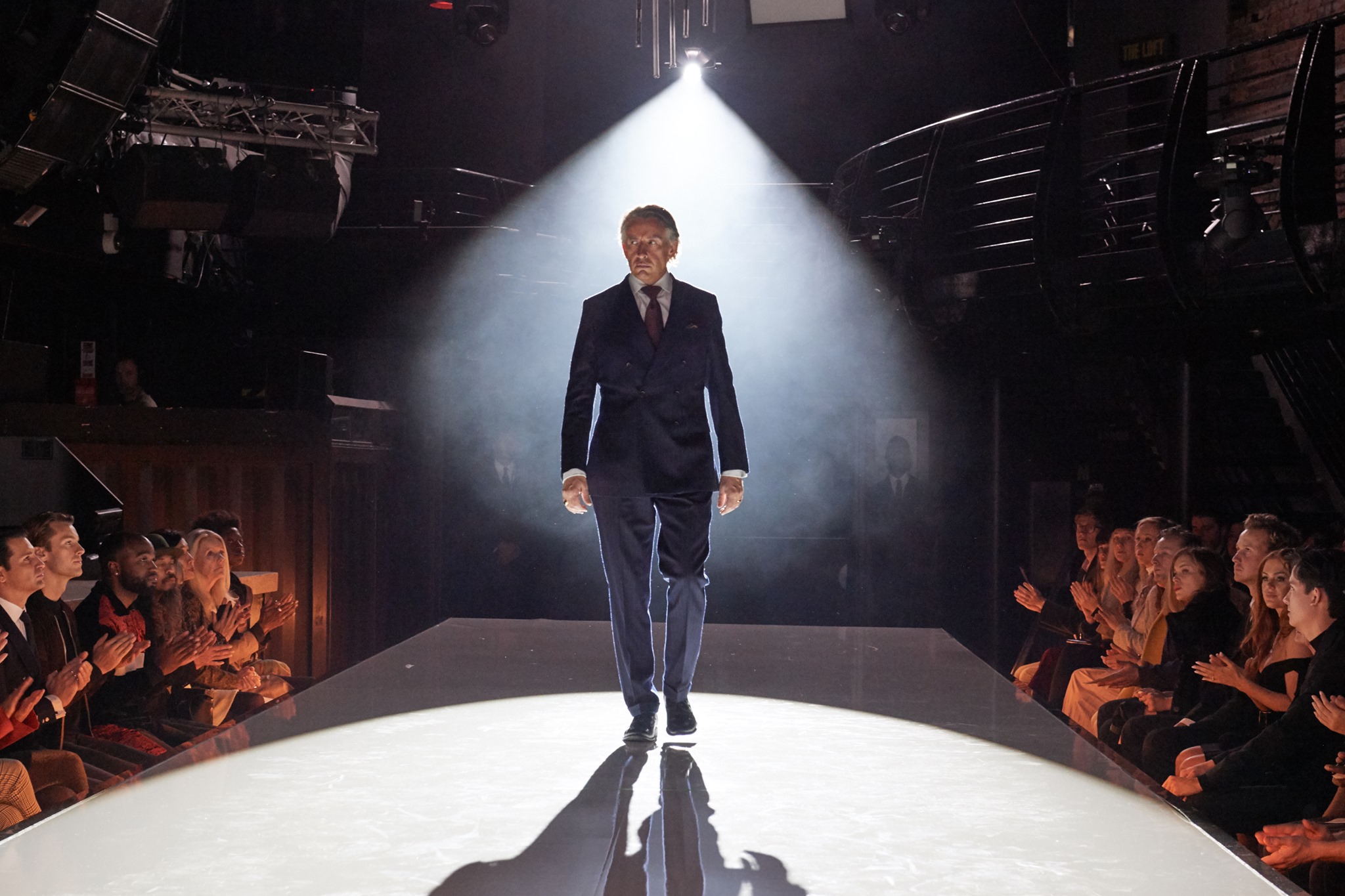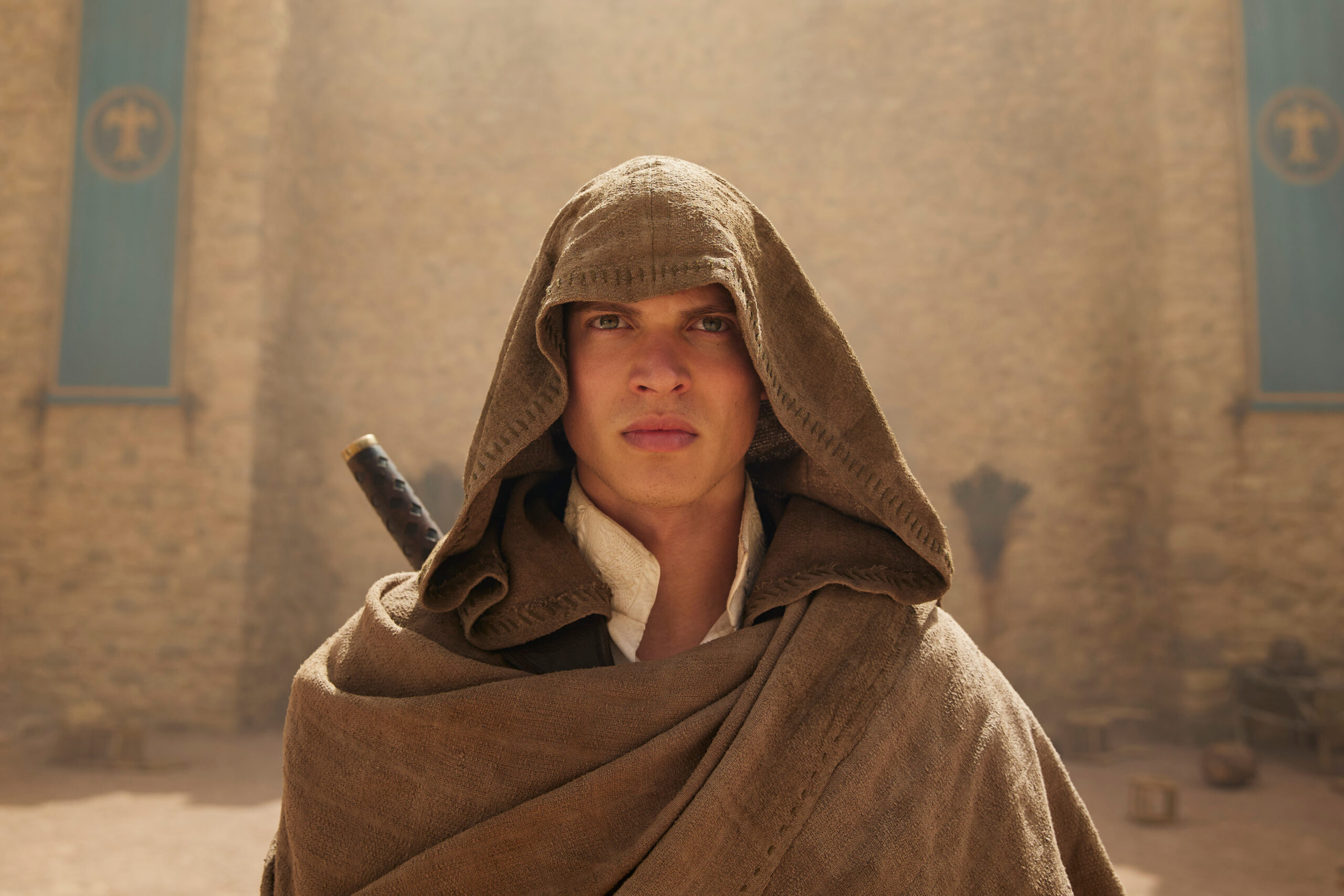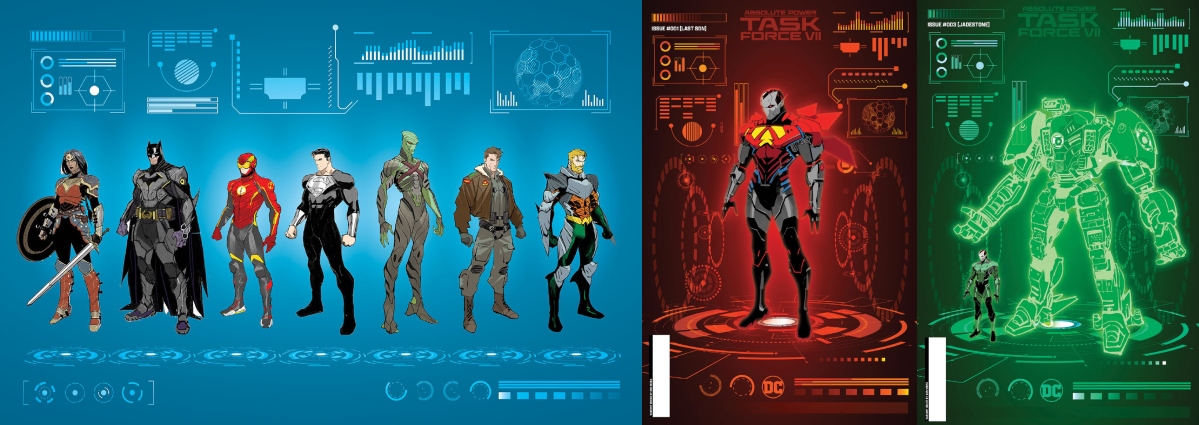
With millions or billions at one’s disposal, at what lengths would a billionaire spend to impress the world? In the film Greed, the comedy satire investigates the mindset, thoughts, and actions of eccentric fashion businessman.
Greed tells the story of a self-made British billionaire Sir Richard McCreadie, whose retail empire is in crisis. For 30 years, he has ruled the world of retail fashion—bringing the high street to the catwalk and the catwalk to the high street—but after a damaging public inquiry, his image is tarnished. To save his reputation, he decides to bounce back with a highly publicized and extravagant party celebrating his 60th birthday on the Greek island of Mykonos. A satire on the grotesque inequality of wealth in the fashion industry, the film sees McCreadie’s rise and fall through the eyes of his biographer, Nick.
The film stars Steve Coogan, Isla Fisher, Shirley Henderson, David Mitchell, Asa Butterfield, Dinita Gohil, and Sophie Cookson. Michael Winterbottom wrote and directed the movie.
LRM Online sat down with director Michael Winterbottom and lead actor Steve Coogan earlier this week. We discussed the inequality of wages and profiteering by billionaires. Winterbottom pointed out that the basic storyline was based on the billionaire of retail magnate Philip Green. It was also noted billionaires in real life performed many of the extravagant and seemingly exaggerated activities.
Greed is now playing in select theaters. For more information, visit Sony Pictures Classic web page here.
Read the exclusive interview below.
Gig Patta: Congratulations, guys. I do remark that this is probably one of the most absurd movies I ever watched. [Laughs].
Michael Winterbottom: It’s better than boring, right?
Gig Patta: Let me start with the simple question. Where did the idea come from? What was the origination?
Michael Winterbottom: I was talking to a journalist about something completely different. He was telling me funny stories about a guy called Philip Green. Philip Green was a very flamboyant retail tycoon here in England. He was very famous in England.
As a billionaire, he was in the press because one of his brands had gone bankrupt. The House of Commons Select Committee interrogated him about his business prices. A lot of that stuff is in the film. It was an entertaining way of looking at the way the world works, particularly in retail fashion. In a sense, more in the way the world works in general. Whatever is observed, the film portrays the real world is an absolute perspective.
Gig Patta: What attracted you to this? And did you try to emulate Philip Green?
Steve Coogan: There were numerous factors. Michael was doing the film. As always, I’ve worked Michael many times. I have a way of working with him, which comes easily to me. So that was a plus point.
The subject matter is important to me. Anything that shines a light on something that people don’t speak about, which is inequality. To me, it has been the overarching problem with the world for many years. However, there are other important issues like diversity, sexual identity, gender politics, and the environment. They’re all significant issues. The overarching theme with inequality is related to the other aspects or stem from in some ways from the huge gaps with the rich and the poor. That seems to be something specifically isn’t spoken about.
Other issues that we’re grappling with are cultural issues. They can be accommodated and co-opted by these multinational companies. They can make it work for them. The one topic they don’t encourage discussion about is the huge gap between these billionaires and the people who work for them. Many companies are guilty of that. They don’t want to draw too much attention to it. Because changing that behavior would influence their bottom line. Not a significant one, but the way they operate is geared towards maximizing their stock value at any cost. The market has no conscience, and that’s what this movie is about that. The fact that people at the bottom of the supply chain are the people who pay the price.
Gig Patta: It’s interesting. Here in the United States, with our election going on, there is this class struggle with the billionaires running and millionaires running for political office. They’re all eccentric in their way too.
Steve Coogan: I’ve always found it extraordinary that people assume that someone is a billionaire that gives them the qualification to be president or to be a leader. They are very good at making money. It doesn’t mean you’re very good at taking care of people.
The two things are, I think, mutually exclusive often. For some reason, there’s this deference to people for money, especially in America. We’d suffer it in Britain to some extent by being wealthy. You deserved untrammeled, unchallenged respect. I think that started to change with a lot of people who say, “Well, hang on. How these people gotten their money?” That discussion is widening.
This film punctures that myth. It challenges the narrative of the wealthy being wealthy because they deserved it. The wealthy got there through sheer hard work with nothing else. That narrative was encouraged and controlled by the people with the means of that message to be delivered. They’re in control newspapers, television, radio, and all other media. They can encourage that. Occasionally, people come along who try to present another narrative, which we think is more honest. That’s what this film is.
Gig Patta: How did you want to tackle this eccentric figure for this plotline?
Michael Winterbottom: Well, it’s in the plotline. He’s this racist human being with this problem of his business going bankrupt. He’s going to throw this big party to try and show the world he’s still on top of his game by getting all these celebrity friends to come along. In the real world, fashion uses celebrities quite a lot to make it seem glamorous and successful.
He’s going to throw this big party. It would be the present tense of the film for preparations for his party. The party gradually unravels, and everything keeps going wrong. He can’t quite make it work. That was always central plot.
Then we went back to how he made his money. There’s a little bit of his childhood. It also goes to him on his yacht in Monaco and then to the women making the clothes.
These separate strands are different, entirely mechanical in the way. It crosscuts between these separate strands of these separate worlds. One door opens, and then the other door closes. We shift from this kind of the world of luxury to the world of the women making their clothes. It seems like another planet. There’s no bridge between these two. But there is [a bridge]. These women making those clothes provided all the money for the top.
Gig Patta: It is kind of scary. In its way, the reality is implanted into this film.
Michael Winterbottom: Yeah. This is quite silly fictional quality to the party., Although, the real world is even more extravagant than that. When we were filming with the women in the factories in Sri Lanka–they were real women. It’s like a documentary with a very small crew. And it was the same with the same refugees. They’re real refugees. It feels all in the same fictional term. It’s pointing out the actual grotesque gap between these wages from making the clothes and the amount of money they make from selling the clothes.
Gig Patta: You did not use actors in the Sri Lankan factories. Those are Syrian refugees on the beach for the film. Why did you go that route using real people in a fictional movie?
Michael Winterbottom: The film is fictional in one sense, but it’s about the real world. As you said, I wanted that feeling that it’s absurd. The film is a ridiculous story, but the real world is absurd. It’s to remind us by making it as real as possible. From a filmmaker, it’s easier to film a real factory making clothes in Sri Lanka than some fake factory making clothes in a studio.
It’s been more honest. Some people who watched it may accuse that they’re exaggerating. These events cannot happen. This film is a misrepresentation. Well, it’s not because it’s real. That was a real factory. Again, with the refugees, they can say how things are random. Well, these are real people. A natural factor that my character wasn’t moved by it. Although, it’s a satire and acting seems very larger than life–nothing that I do in the movie has been done before by real people.
Philip Green was the person at the starting point. He was throwing extravagant parties. The first thing I did was meet the people who organized parties for him and other people like him. They spent years organizing parties. They spent more money on the party for a weekend than we spent on the whole film. They’ve even told me of all the famous bands come to play and how much they cost. For Green 60th birthday, they had Leonardo DiCaprio come to the party. So, the real world is more ludicrous. It may be even more extreme than what we could achieve in the film.
Gig Patta: Steve, did you have to make a particular acting adjustment when you have to act alongside with real people?
Steve Coogan: Not really. You play the truth of the scene. Frequently, you might have to help them with a technical sense. Actors can learn something from real people represent themselves. They’re often more naturalistic. The way I interact with them would be no different than interacting with another actor. A good is almost the same as a real person.
Michael Winterbottom: The real people that we see was mainly the Syrian refugees on the beach. The character is annoyed because they’re in his view. They were a lovely bunch of people.
Gig Patta: Since you played a billionaire, have you ever met a billionaire in real life?
Steve Coogan: I’ve met very wealthy people a few times. I don’t hang out with them. In the world of billionaires, people in the entertainment industry are part of that world. I know people who are part of that world, and I tend to avoid it. They are the poorest—the poorest members of the Eurotrash world. The poorest members tend to be the entertainers. They’re allowed into this exclusive world because they’re amusing, like court jesters.
I know enough of them through observing them through the media to take a good guess of what they’re like. I don’t have to be best friends with an obnoxious billionaire to be able to play one.
Michael Winterbottom: Some people have a brilliant idea, in which they can make a fortune with that brilliant idea. It doesn’t necessarily need to be an extraordinary genius to become a billionaire. It’s crude and its catchy. It’s about pushing down the price to buy as low as possible level, then set the price of a dress to the highest price. You don’t have to meet these people to understand what those special geniuses. They have the energy and desire to make as much money as possible.
Gig Patta: I hope you guys work together for another 15 more films. Hey, thank you very much. I appreciate it.
Greed is now playing in select theaters.
ALSO CHECK OUT: Apple TV+’s Little America: Interview with Jearnest Corchado [Exclusive]
Source: LRM Online Exclusive

 FOR FANBOYS, BY FANBOYS
Have you checked out LRM Online’s official podcasts and videos on The Genreverse Podcast Network? Available on YouTube and all your favorite podcast apps, This multimedia empire includes The Daily CoG, Breaking Geek Radio: The Podcast, GeekScholars Movie News, Anime-Versal Review Podcast, and our Star Wars dedicated podcast The Cantina. Check it out by listening on all your favorite podcast apps, or watching on YouTube!
Subscribe on: Apple Podcasts | Spotify | SoundCloud | Stitcher | Google Play
FOR FANBOYS, BY FANBOYS
Have you checked out LRM Online’s official podcasts and videos on The Genreverse Podcast Network? Available on YouTube and all your favorite podcast apps, This multimedia empire includes The Daily CoG, Breaking Geek Radio: The Podcast, GeekScholars Movie News, Anime-Versal Review Podcast, and our Star Wars dedicated podcast The Cantina. Check it out by listening on all your favorite podcast apps, or watching on YouTube!
Subscribe on: Apple Podcasts | Spotify | SoundCloud | Stitcher | Google Play



